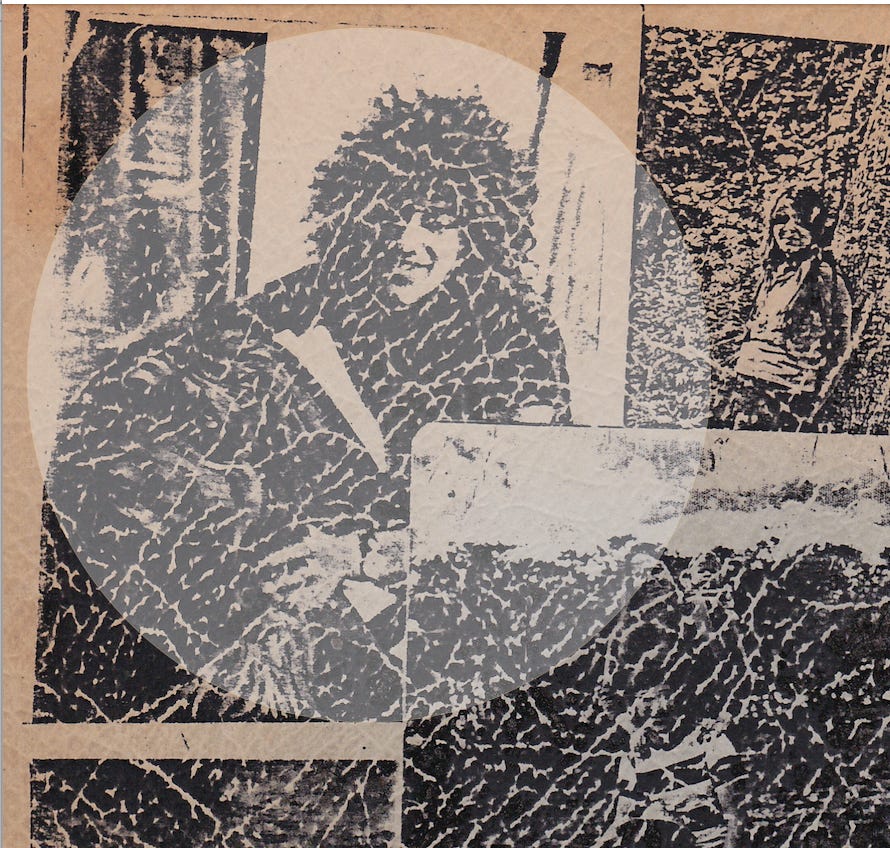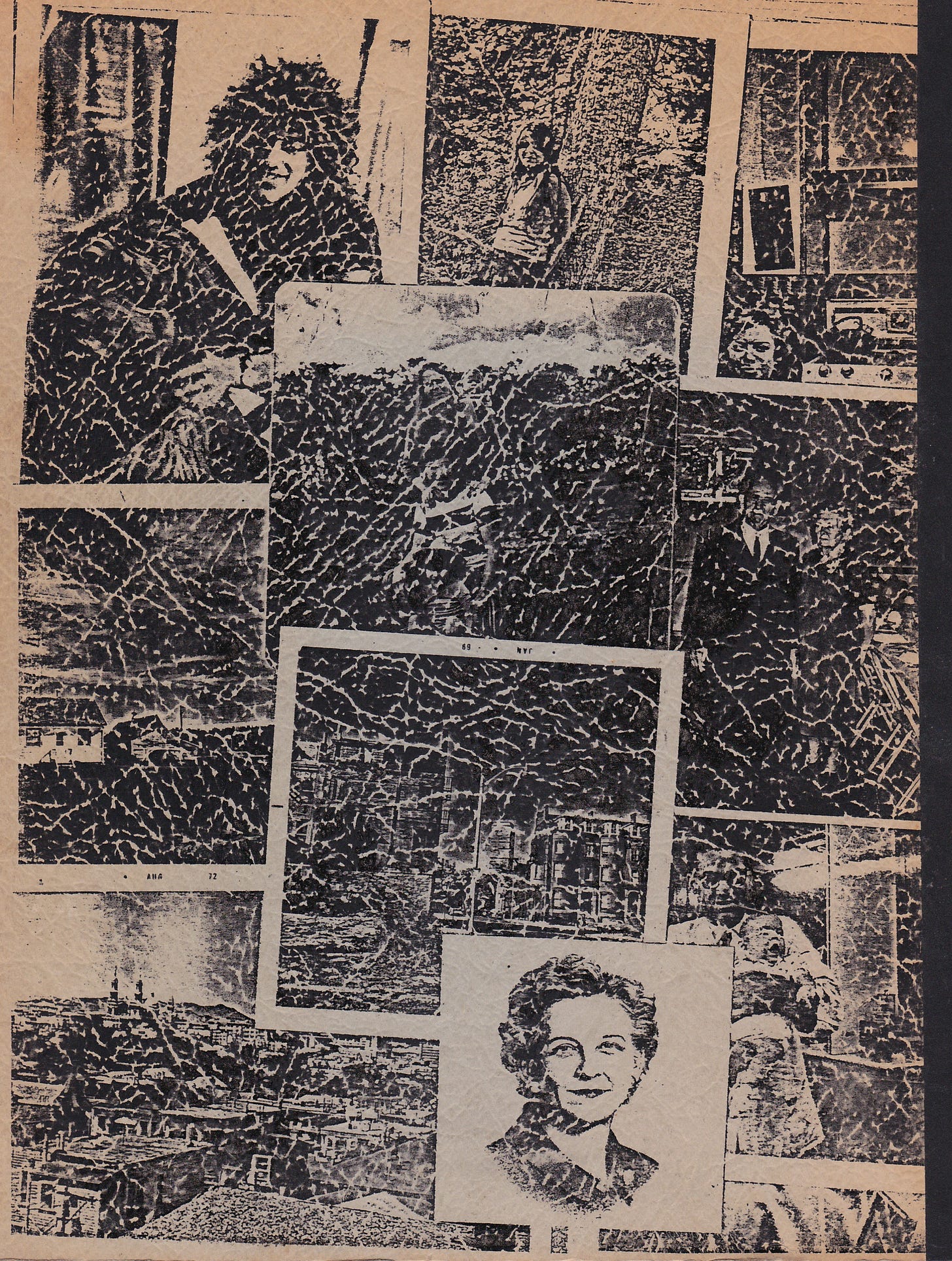Today is the 80th or 81st birthday of my old friend Gerry Sherman. I wonder if he is still alive. It’s been a while.
Gerry was a junior at Brandeis when I met him during the 1963-1964 school year, so he must have been around twenty. Brandeis University was started by Jews in 1948 after the end of the Nazi era and the close of World War II, and it was named after Louis Brandeis, the first Jewish Justice to sit on the Supreme Court. At least while I was a student there, the Brandeis student body was predominantly Jewish. Gerry was culturally Jewish—like most of the students I met there—and not at all religious.
I was a freshman, a cradle Catholic who had recently lost my faith. At a time when abstinence from meat was required for Catholics on Fridays under pain of mortal sin, the freshman cafeteria served my favorite food, rare roast beef au jus, every Friday. One fateful Friday, I had proudly asserted to myself alone (as I thought) my independence from the often-called crutch of Catholicism by eating the roast beef.
Gerry was uniquely bohemian-looking when I first saw him at what I think must have been a jazz performance. I don’t remember where it was held, but I think it may have been held in the Cholmondeley's coffeehouse in the dormitory called the Castle.

He had curly black hair that he wore in a bushy Jewish Afro. When I later saw photos of Leonard Cohen, the Canadian poet and singer-songwriter, I saw a strong resemblance. They had the same intense dark attractiveness.
Gerry was so animated and bouncy it was years before I noticed he was only about 5'4". He didn’t walk, he bopped. He wore jeans and sandals and a striped long-sleeved knit shirt. His hair and his clothing made him look like a stereotypical French Apache dancer, rather than the middle-class Jewish kid he was from Newton, an affluent Boston suburb. His persona was in striking contrast to that of the other male students around him, who wore early 60s style short haircuts, button-down collared shirts, and khakis, and who lacked his self-assured cockiness.
What made the Apache dancer resemblance especially strong when I first saw him was that he was dancing uninhibitedly with a slender long-haired woman, who was herself wearing unusually colorful flowing clothes, in an era when the style of women’s clothes was muted. They were the only ones dancing, and they were writhing around each other with the kind of sensual moves that I thought Apaches dancers might use, only without the violence.
I first met Gerry in the same place after another event on another evening. I don’t remember who started talking first. He had taken off one of his sandals and rather uncouthly put it on top of the beige Formica table where he proceeded to try to fix a broken strap. While he was intently fiddling with the strap, he bragged to me while I gazed at his handsome profile. His looks, his talkativeness, his experience, and his fearless uncouthness appealed to me. I later realized that I had a tendency to like people who think they’re really something special, and I didn’t mind if they bragged to me about it.
Either that night or later, he told me that he was trying to break off with the girl who’d been his dance partner when I first caught sight of him—because she was trying to possess him. He also told me that some of his fellow students, who I assume were primed with the Playboy philosophy and jealous because they couldn’t find women willing to have Hugh Hefner-ish moves practiced on them, were asking him to write an article about how he was so successful in getting women to go to bed with him.
But, as I also learned later, his innate attractiveness to women didn’t satisfy him. He couldn't stand that women would fall in love with him if he had sex with them and from his point of view would try to possess him and even sometimes became suicidal when he made it clear he only wanted them for sex. Maybe that’s why he diplomatically but firmly shooed me out of his dorm room the morning after the night we met, to my surprise and disappointment, and I went off to disconsolately eat breakfast alone at the cafeteria in his quad. We never slept together again—until one time a few years later—which is part of this ongoing story.
I don’t remember how we got into a platonic relationship. As I got to know him better, Gerry continued boasting. He boasted he was able to get As in his classes by skipping classes and cramming for exams at the last minute. I foolishly tried to emulate him, but that method didn’t work for me. After losing my faith, I’d lost my bearings. My one-night encounter with him and other encounters with other men in the school who weren’t looking for love as I was took the heart out of me, and I got depressed and stopped going to classes. I chain-smoked and spent a lot of time in the freshman dining hall, going back for seconds and then reading the books assigned in my humanities course there for hours after the kitchen staff finished cleaning up.
At the end of my freshman year, a letter from Brandeis told me that I was expelled because of my mostly failing grades and that I had lost my full scholarship, but it also said that I would be welcome to return after a year and that I could get my scholarship back if I could pay my tuition for a semester and get my grades up again. I was planning to try to do just that.
My aunt who was my guardian had made sacrifices to help send me to Brandeis, and she was angry when I returned home. At the end of a summer of futile job seeking, which was made painfully uncomfortable and even more depressing by my aunt’s and uncle’s resentment, I got a file clerk job for $1 an hour minimum wage. Out of my $40 a week salary, I was planning to save half my take-home pay every week so I could get back to Brandeis.
Then one night the resentments boiled over. When I came home late, never having been told about any curfew, I faced an ambush in the front hall. In the midst of drunken accusations from both my aunt and uncle, most of them either distorted or totally untrue, my uncle told me to leave their home. The next day, my aunt told me my uncle wanted me to come back, but I was starting to like the idea of being independent from my square guardians, and I said no.
But it wasn’t easy. I was only eighteen, and I was homeless and broke and without friends. It took me months of couch surfing with acquaintances and sometimes strangers, including students living around Harvard Square, until I was relieved to finally find two small rooms I could rent for $25 a month. Another draw besides the low price was that I’d have some interesting neighbors there, some artists and other bohemian types who were living on the fringes of society. The rooms were in an old townhouse on a dead-end street called Dartmouth Place in the South End of Boston, on the wrong side of the railroad tracks that separated the neighborhood from the then-much-posher Copley Square.
Gerry and I continued getting together occasionally after I dropped out. One of his favorite things for us to do together was to try to score pot.
He helped me move the few things I owned and helped carry them up from the trunk of his Mustang to my rooms on the second floor, across from the bathroom I shared with every other resident of the house. He complained about the work, but there really wasn’t much for him to carry. The biggest things by far were a box spring and mattress I bought at Goodwill, which we set up on the floor of the biggest room.
As soon as the box spring and mattress were set up, and we put down my two suitcases with the few clothes I had that had not been ripped off in the months I was crashing around, Gerry went home to his well-to-do parent’s house in Newton for dinner, picked up his laundry done for him by his mother, then went back to his dorm, and I went about learning what it was like to be on my own, as Bob Dylan song said, a complete unknown.
Gerry continue to call and drop in occasionally, and he was prominently present on a few dramatic nights in my life while I was there. The first of the two most dramatic events in which he was involved occurred after I had an illuminating encounter with another young man of a completely different sort who I’d met while listening to Diana Washington on a jukebox in a Cambridge bar.
Continued in Part 2.





